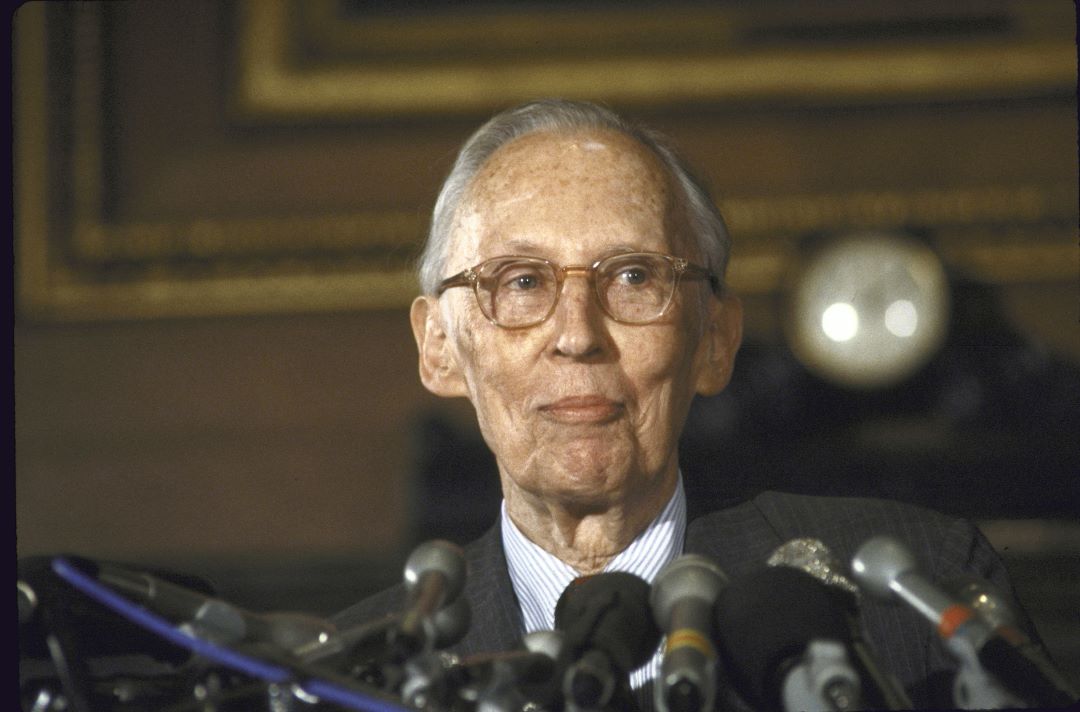Advocacy groups are often at odds with the public sentiment they claim to represent in filing briefs to the Supreme Court.
In her dissent in Students for Fair Admissions—the Supreme Court decision that struck down race-based college admissions—Justice Ketanji Brown Jackson claimed that having a black physician more than doubles the likelihood that a high-risk black newborn will live. One problem: The statistic was false. Jackson was citing an amicus or “friend of the court” brief filed by the American Association of Medical Colleges (AAMC) that mischaracterized a 2020 study on newborn mortality.
Jackson’s dissent is hardly the first Supreme Court opinion to reference (mis)information found in an amicus brief, but it is arguably one of the clearest examples of why judges and policymakers should use caution when doing so. When it comes to affirmative action, these briefs can do more than just lead readers astray. They can also lobby against the American public’s view on this issue.
Continue reading the entire piece here at The Dispatch (paywall)
______________________
Renu Mukherjee is a Paulson Policy Analyst at the Manhattan Institute. Based on a recent report.
Photo by Diana Walker/Getty Images
